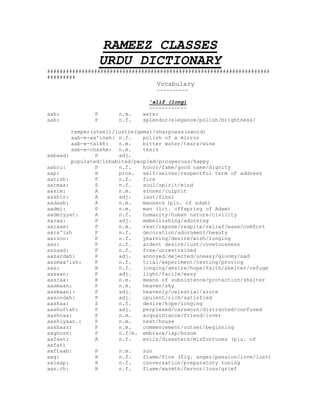

It is this - the connection between Delhi and her Urdu poets, an almost umbilical cord that binds the city to her greatest bards - that forms an important theme in Mahmood’s book.


Zauq, however, when asked why he did not migrate to the Deccan, had famously remarked, “In dinon garche Dakan mein hai bohot qadr-e-sukhan/ Kaun jaaye Zauq par Dilli ki galiyaan chhor kar?” As Saif Mahmood translates this in his book Beloved Delhi: “Although poetry is greatly valued in the Deccan these days, Zauq, who would trade that for the lanes of Delhi?” But an impoverished Mughal court and an equally penurious north Indian aristocracy meant that many of Zauq’s contemporaries drifted south to Hyderabad, where there was still patronage to be sought and stipends to be earned. Shaikh Mohammad Ibrahim Zauq, the poetry ustaad of the last Mughal Emperor, Bahadur Shah ‘Zafar’ saw, in his lifetime, the Mughal Empire brought to its knees (though not formally ended - Zauq, perhaps mercifully, died three years before the ‘Ghadar’ of 1857, the uprising that was to so impact the fabric of Delhi’s social, cultural and literary life). The life and times of Delhi’s leading poets of the Mughal era and their enrichment of a syncretic language Beloved Delhi: A Mughal City and Her Greatest Poetsīeloved Delhi: A Mughal City and Her Greatest Poets


 0 kommentar(er)
0 kommentar(er)
